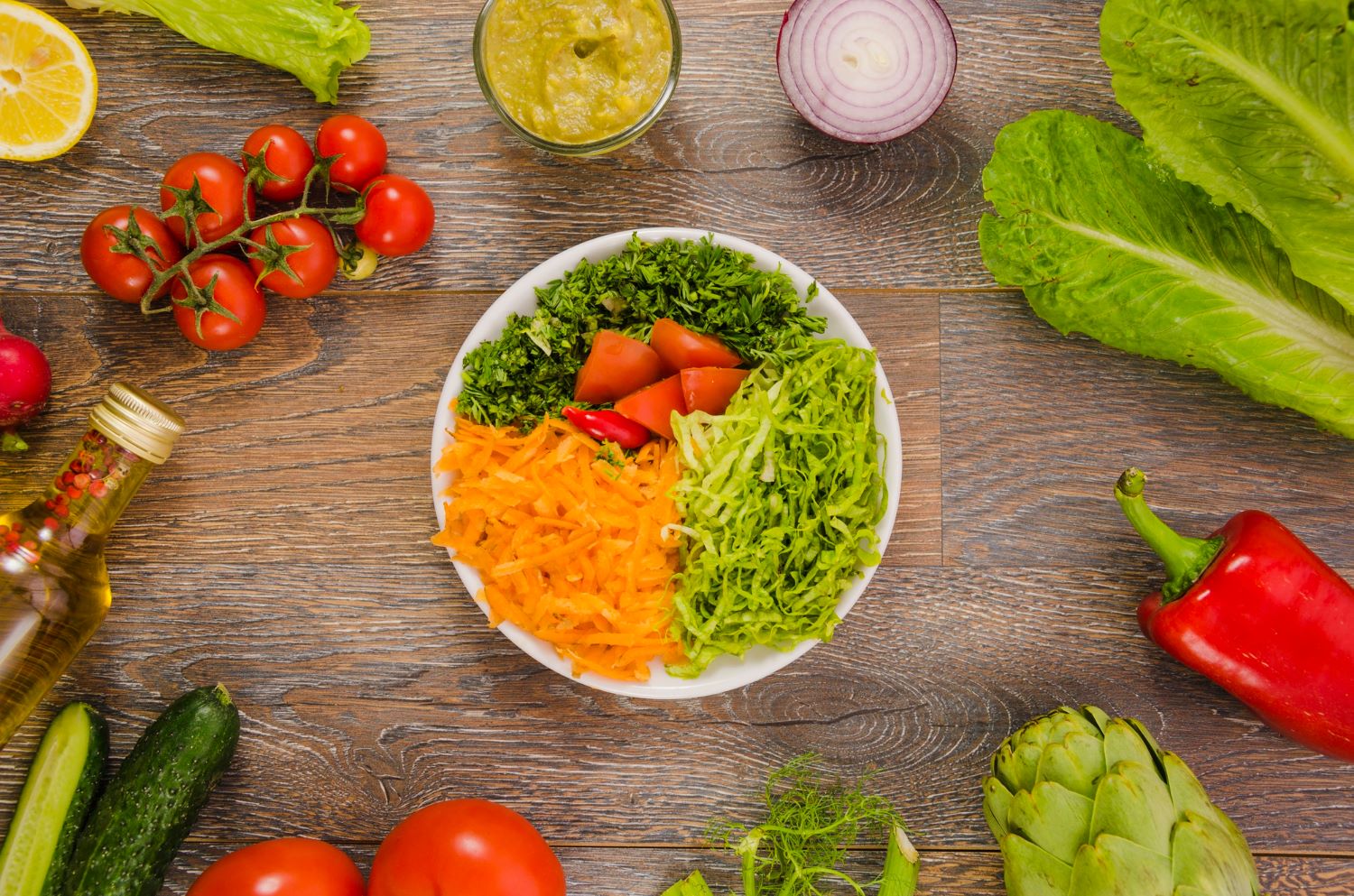In today’s fast-paced world, convenience often comes at a cost, especially when it comes to food. From ready meals to protein bars and flavoured yoghurts, ultra-processed foods have become dietary staples. But what are they really doing to our health?
These products, often high in additives, refined oils, sugars, and artificial ingredients, can wreak havoc on digestion, energy, hormones, and mood. In this blog, we’ll break down the effects of ultra-processed foods on wellness and offer simple, sustainable ways to reduce them in your diet.
For an approach rooted in balance and nourishment, visit My Philosophy on how I work with clients.

The Hidden Effects of Ultra-Processed Foods on Wellness
Ultra-processed foods aren’t just “junk food.” They’re often disguised as health products, think low-fat spreads, cereal bars, diet drinks, or even flavoured waters. Here’s how they can silently undermine your wellness:
1. Digestive Disruption
Many ultra-processed foods are low in fibre and high in artificial ingredients that irritate the gut lining and contribute to bloating, discomfort, and an imbalanced gut microbiome.
If you struggle with digestion, our Programmes offer targeted support for gut health and overall well-being.
2. Energy Crashes
Highly refined foods spike blood sugar levels, followed by rapid crashes. This creates a cycle of cravings, mood swings, and fatigue, making you feel like you’re constantly running on empty.
3. Mood & Mental Well-being
Emerging research shows a strong link between ultra-processed diets and symptoms of anxiety and depression. Artificial additives can impact brain chemistry and increase inflammation.
Learn more about the connection between nutrition and well-being in our blog archive.

Why They’re So Hard to Avoid
Ultra-processed foods are designed to be hyper-palatable and convenient. They’re often cheaper, quicker, and aggressively marketed as healthy or time-saving. And when life gets busy, it’s easy to grab what’s most accessible, even if it leaves you feeling worse later.
That’s why my approach to Personalised Nutrition Packages includes practical strategies for real life, whether that’s meal planning, batch cooking, or smart on-the-go options.

Spotting Ultra-Processed Foods
Want to reduce ultra-processed foods? Start by identifying them. Here’s a quick checklist:
- Long ingredient lists you don’t recognise
- Added sweeteners, colours, or preservatives
- “Health” claims like low-fat, sugar-free, high-protein
- Packaged ready meals and snacks with more than 5–10 ingredients
For more personalised tools to read labels and make empowered food choices, let’s chat during a free mini-consultation.

Simple Ways to Reduce Ultra-Processed Foods
Eat Closer to the Source
Choose foods with as little processing as possible, like whole vegetables, fruits, beans, nuts, and grains. The Tower Garden is a fantastic way to grow your own fresh produce at home, without soil or fuss.
Cook at Home More Often
Even basic home cooking can significantly reduce your intake of additives and preservatives.
Focus on Balance, Not Perfection
This isn’t about cutting everything out overnight. It’s about building awareness and making sustainable changes, the heart of what we do at New Vitality.

How New Vitality Supports This Journey
Through our Corporate Wellness programmes and one-to-one nutrition support, I guide clients to tune into their body’s signals, overcome food confusion, and make nourishing choices without the extremes of diet culture.
Explore more about Jill Dempsey and how I can support you on your path to true vitality.

Food That Loves You Back
Ultra-processed foods might fill a gap, but they don’t fuel your full potential. By gently shifting towards real, whole food choices, you’ll improve your digestion, energy, mood, and long-term health.



